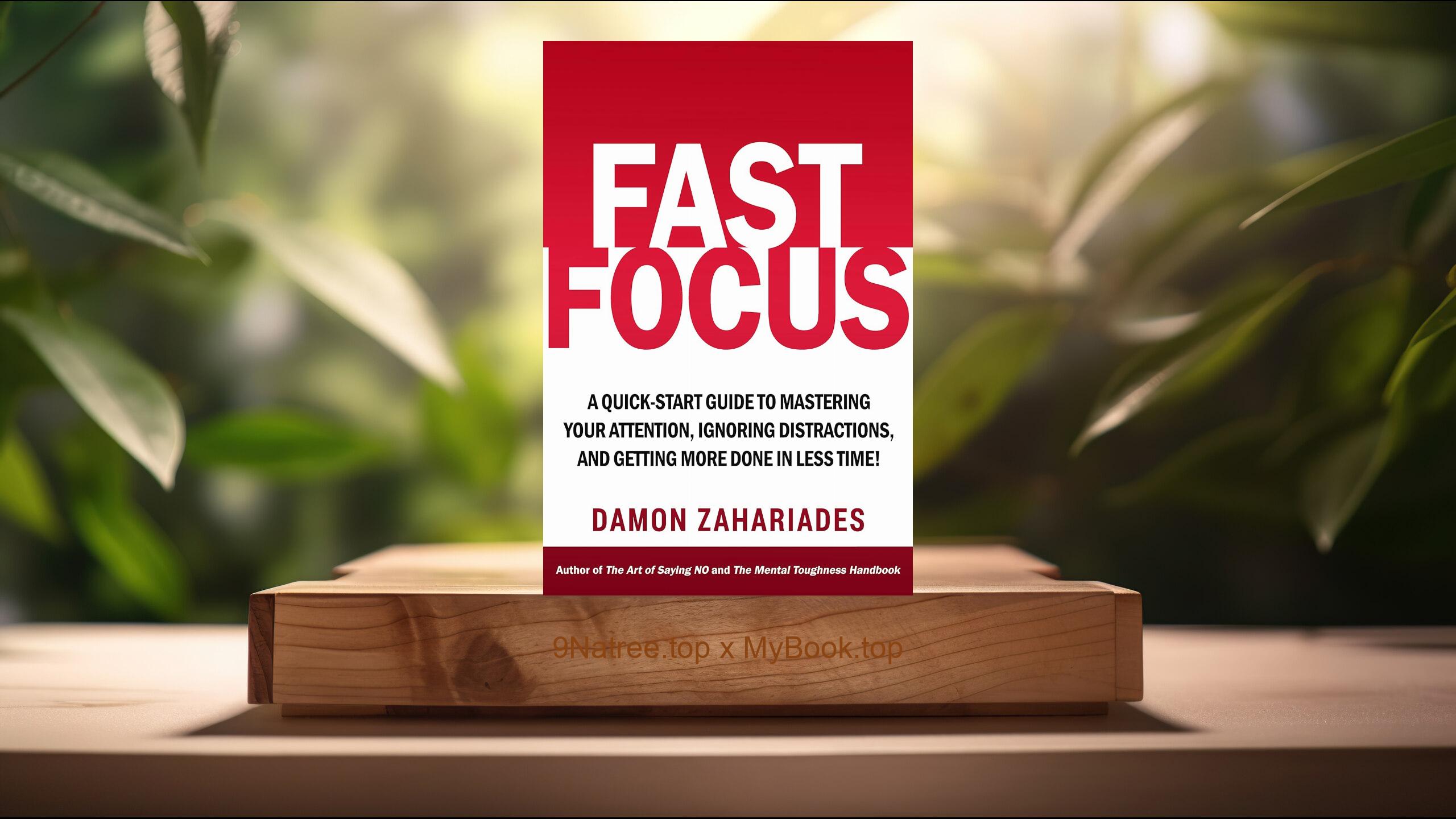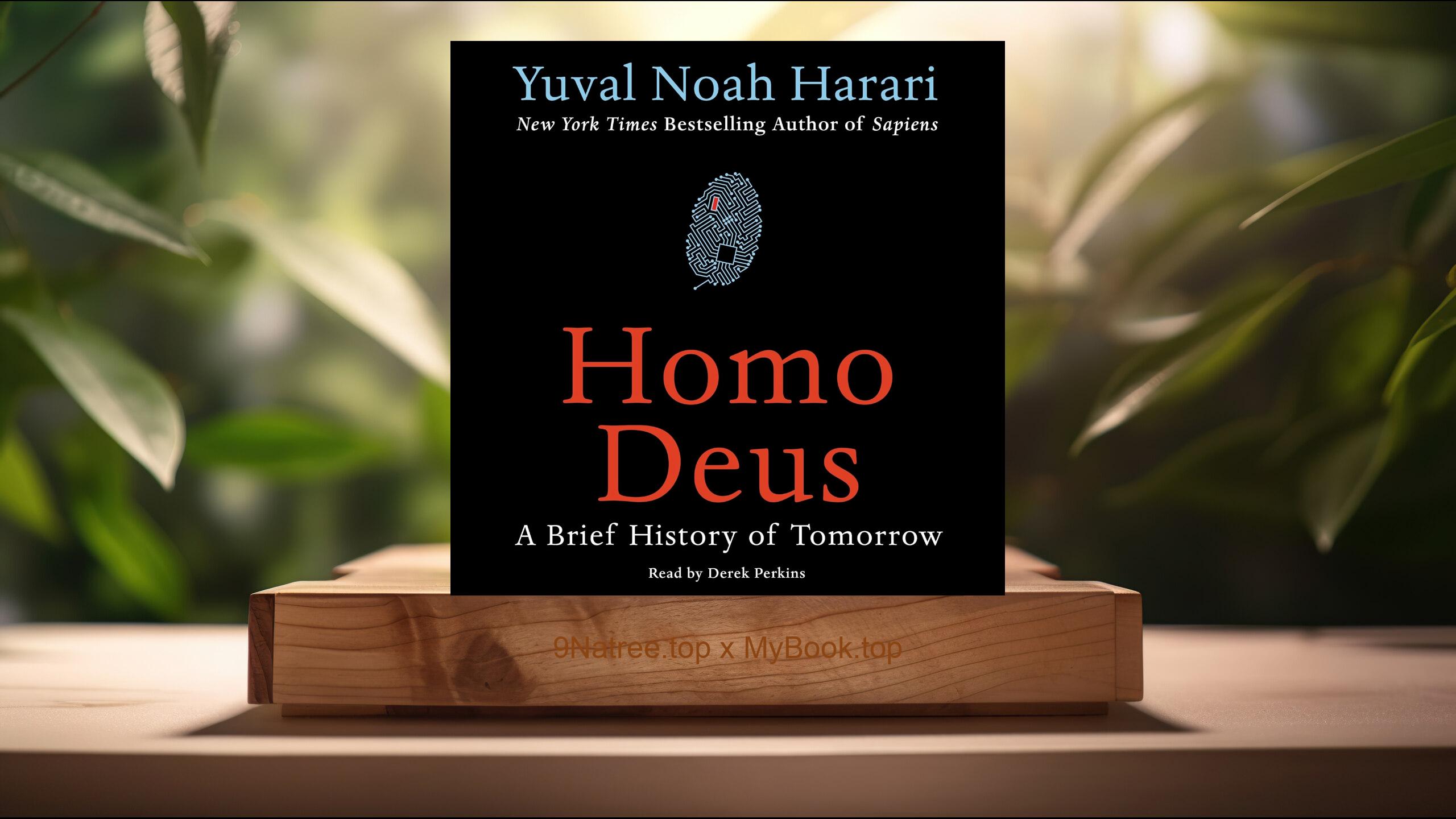Show Notes
- Amazon US Store: https://www.amazon.com/dp/B0090RVGW0?tag=9natree-20
- Amazon Worldwide Store: https://global.buys.trade/On-Writing-Well-30th-Anniversary-Edition-William-Zinsser.html
- Apple Books: https://books.apple.com/us/audiobook/summary-of-william-zinssers-on-writing-well-30th/id1622218814?itsct=books_box_link&itscg=30200&ls=1&at=1001l3bAw&ct=9natree
- eBay: https://www.ebay.com/sch/i.html?_nkw=On+Writing+Well+30th+Anniversary+Edition+William+Zinsser+&mkcid=1&mkrid=711-53200-19255-0&siteid=0&campid=5339060787&customid=9natree&toolid=10001&mkevt=1
- Read more: https://mybook.top/read/B0090RVGW0/
#nonfictionwriting #writingclarity #writingsimplicity #Zinsser #writingguide #effectivecommunication #writingstyle #OnWritingWell30thAnniversaryEdition
These are takeaways from this book.
Firstly, Principle of Clarity, The Principle of Clarity is a cornerstone of Zinsser's philosophy on writing well. He argues that clarity should be the foremost goal of any writer, suggesting that if something is unclear to a reader, then it fails in its basic purpose of communication. This involves a meticulous choice of words, sentence structure, and overall organization. Zinsser emphasizes the importance of revising and simplifying wherever possible, removing unnecessary words and jargon that might obscure meaning. He encourages writers to think deeply about what they want to say and to say it in the simplest, most direct way possible. By providing practical tips and examples, Zinsser not only inspires writers to prioritize clarity but also equips them with the tools to achieve it.
Secondly, The Art of Simplicity, The Art of Simplicity in writing, as discussed by William Zinsser, is an extension of clarity but focuses on the aesthetic and functional aspects of writing. He articulates that simple writing does not necessarily mean simplifying thoughts or dumbing down ideas for readers. Instead, it's about expressing those ideas in the most straightforward manner, avoiding the temptation to overcomplicate or dress up prose. Simplicity involves choosing the most appropriate words, constructing sentences that flow logically, and adhering to a coherent structure. This principle discourages overuse of adverbs and adjectives, urging writers to rely on strong nouns and verbs to convey meaning. Through simplicity, writers can achieve elegance, making their work more enjoyable to read and easier to understand. Zinsser’s emphasis on simplicity aids in making writing accessible, engaging, and memorable.
Thirdly, Humanizing Your Writing, Humanizing Your Writing is a theme that Zinsser passionately advocates for, highlighting the importance of creating a personal connection with readers. He believes that the best nonfiction has a human element, making stories and information not just informative but also relatable. This involves using a conversational tone, integrating personal anecdotes, and writing with sincerity and warmth. Zinsser encourages writers to think of their audience as individuals rather than a faceless mass, advocating for writing that speaks to the reader's interests, emotions, and experiences. By doing so, writers can break down barriers, making their work more engaging and impactful. Zinsser’s advice on humanizing writing serves not only to enhance the reader's experience but also to elevate the writer's voice, making it more distinctive and memorable.
Fourthly, Unity in Writing, Unity in Writing is a fundamental concept Zinsser discusses, stressing the importance of cohesion and coherence in writing. This involves careful planning and execution to ensure that all parts of the text support the central theme or argument. Unity demands consistency in tone, style, and voice, and also requires writers to meticulously consider their choice of words and sentence structure to maintain a seamless narrative. Zinsser underscores the advantages of outlining and structuring ideas before diving into the writing process, advocating for a disciplined approach to planning. He suggests that unity in writing not only aids in clarity and readability but also establishes a strong, persuasive argument. This principle is especially crucial for nonfiction writers, as it helps to maintain reader interest and engagement throughout.
Lastly, Crafting the Lead and Ending, Crafting the Lead and Ending focuses on the significant roles the beginning and conclusion of a piece of writing play. Zinsser emphasizes that a strong start, or 'lead', not only grabs the reader's attention but also sets the tone and direction for the remainder of the text. He discusses various strategies for crafting compelling leads, such as starting with an interesting fact, a provocative question, or a vivid anecdote. Similarly, Zinsser underlines the importance of a powerful ending, one that leaves a lasting impression, reinforces the central theme, or offers a memorable closing thought. He advises writers to be thoughtful and deliberate in how they conclude their work, ensuring that it resonates with and fulfills the reader's expectations. The advice on beginning and concluding writings serves as an invaluable guide for writers striving to make their work stand out and leave a mark on their readers.
![[Review] On Writing Well, 30th Anniversary Edition (William Zinsser) Summarized](https://episodes.castos.com/660078c6833215-59505987/images/1801430/c1a-085k3-kp2p4jwpc8ww-zo0inb.jpg)




